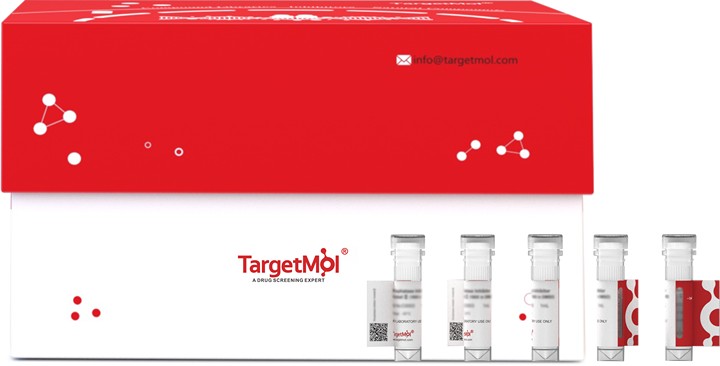Shopping Cart
- Remove All
 Your shopping cart is currently empty
Your shopping cart is currently empty

ANGPT2/Angiopoietin-2 Protein, Human, Recombinant (aa 1-496, His) is expressed in CHO Stable Cells. The accession number is O15123-1.

| Pack Size | Price | Availability | Quantity |
|---|---|---|---|
| 50 μg | $297 | In Stock | |
| 500 μg | $1,960 | Backorder |
| Biological Activity | Immobilized ANGPT2/Angiopoietin-2 Protein, Human, Recombinant (aa 1-496, His) (Cat#TMPY-07025) at 2 μg/mL (100 μL/well) can bind Recombinant Human TIE-2 Protein (Fc Tag), the EC 50is 200-600 ng/mL (QC tested). |
| Description | ANGPT2/Angiopoietin-2 Protein, Human, Recombinant (aa 1-496, His) is expressed in CHO Stable Cells. The accession number is O15123-1. |
| Species | Human |
| Expression System | CHO Cells |
| Tag | C-His |
| Accession Number | O15123-1 |
| Synonyms | LMPHM10,ANG2,AGPT2 |
| Construction | A DNA sequence encoding the human ANGPT2 (NP_001138.1) (Met1-Phe496) was expressed with a polyhistidine tag at the C-terminus. |
| Protein Purity | > 95% as determined by SDS-PAGE. |
| Molecular Weight | 56.4 kDa (predicted); 62.6 kDa (reducing contition, due to glycosylation) |
| Endotoxin | < 1.0 EU per μg protein as determined by the LAL method. |
| Formulation | Lyophilized from sterile 20 mM MOPS, 150 mM NaCl, 0.05 % CHAPS, pH 7.0. Please contact us for any concerns or special requirements. Normally 5 % - 8 % trehalose, mannitol and 0.01% Tween 80 are added as protectants before lyophilization. Please refer to the specific buffer information in the hardcopy of datasheet or the lot-specific COA. |
| Reconstitution | Please refer to the lot-specific COA. |
| Stability & Storage | It is recommended to store recombinant proteins at -20°C to -80°C for future use. Lyophilized powders can be stably stored for over 12 months, while liquid products can be stored for 6-12 months at -80°C. For reconstituted protein solutions, the solution can be stored at -20°C to -80°C for at least 3 months. Please avoid multiple freeze-thaw cycles and store products in aliquots. |
| Shipping | In general, Lyophilized powders are shipping with blue ice. |
| Research Background | Angiopoietin-2 (ANG 2, or ANGPT2), is a member of the ANG family, which plays an important role in angiogenesis during the development and growth of human cancers. Both ANGPT-1 and ANGPT-2 appear to bind to the tyrosine kinase receptor, Tie-2, found primarily on the luminal surface of endothelial cells. ANG-2's role in angiogenesis generally is considered as an antagonist for ANG1, inhibiting ANG1-promoted Tie2 signaling, which is critical for blood vessel maturation and stabilization. ANG-2 modulates angiogenesis in a cooperative manner with another important angiogenic factor, vascular endothelial growth factor A. Genetic studies have revealed that ANG-2 also is critical in lymphangiogenesis during development. ANG-2 has multiple physiologic effects that regulate vascular tone, hormone secretion, tissue growth and neural activity. Several reports indicate that ANG-2 can induce neovascularization in experimental systems due to the expression of different growth factors such as angiopoietin 2, vascular endothelial factor, and its receptor, fibroblast growth factor, platelet derived growth factor, transforming growth factor beta and epidermal growth factor. In addition, ANG-2 is strongly expressed in the vasculature of many tumors and it has been suggested that ANG-2 may act synergistically with other cytokines such as vascular endothelial growth factor to promote tumor-associated Angiogenesis and tumor progression. |

Copyright © 2015-2025 TargetMol Chemicals Inc. All Rights Reserved.